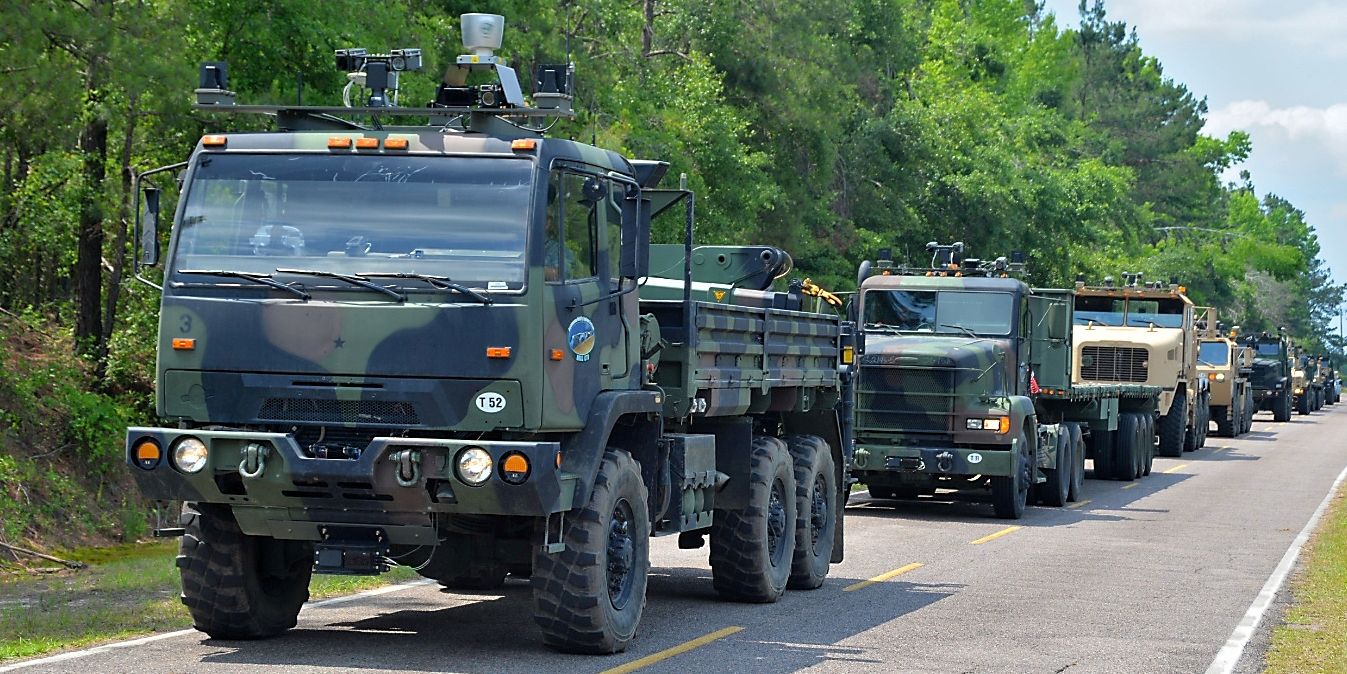Free fill-ups for your Tesla in many of the 105 (and growing) Tesla charging stations in Manhattan. Meanwhile, gas stations disappear when landowners find they get $25 million for the property.
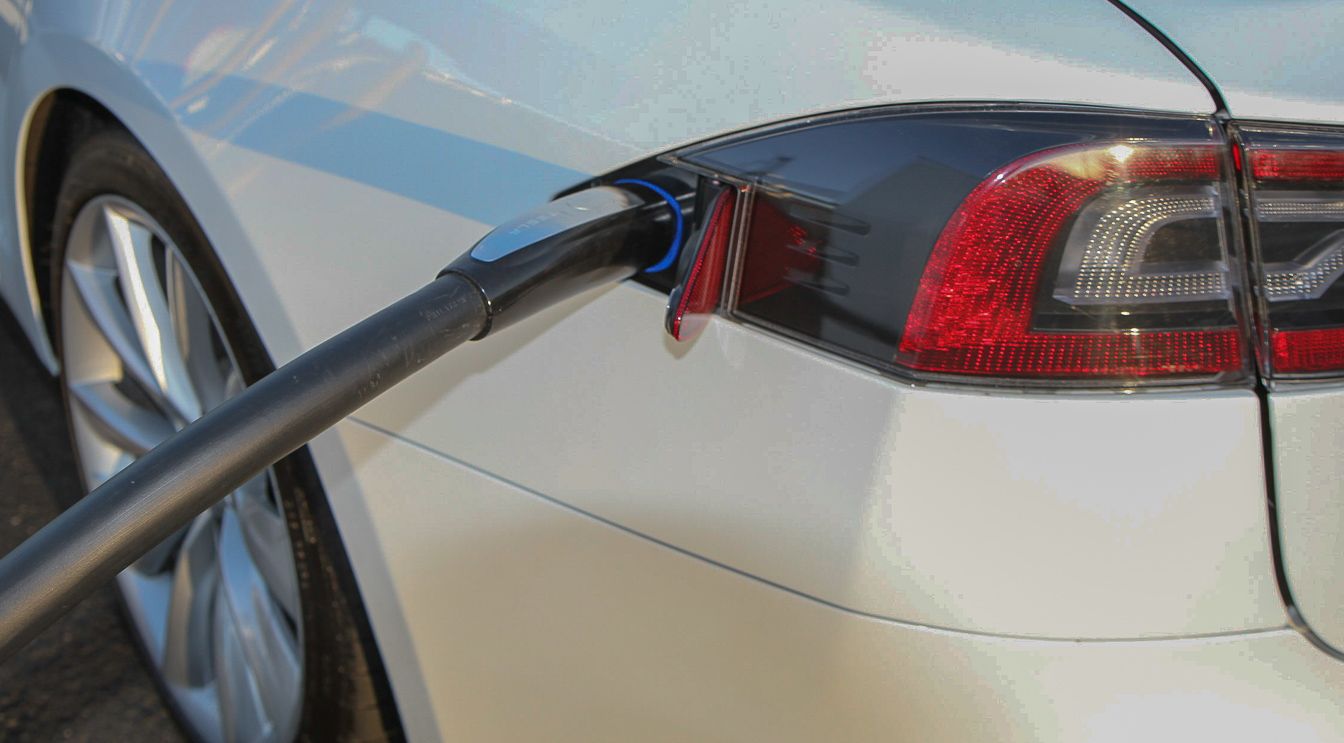


It seems counterintuitive, right? Rip out eight lanes of freeway through the middle of your metropolis and you’ll be rewarded with not only less traffic, but safer, more efficient cities? But it’s true, and it’s happening in places all over the world.
Many freeway systems were overbuilt in an auto-obsessed era, only to realize later that cities are actually healthier, greener, and safer without them. Like freeway cap parks, which hope to bridge the chasms through severed neighborhoods—Boston’s Big Dig is a great example—freeway removal projects try to eradicate and undo the damage wrought from highways, while creating new, multifunctional shared streets that can be utilized by transit, bikes, walkers and yes, even cars.
http://gizmodo.com/five-cities-turning-ugly-overpasses-into-vibrant-parks-1259568561
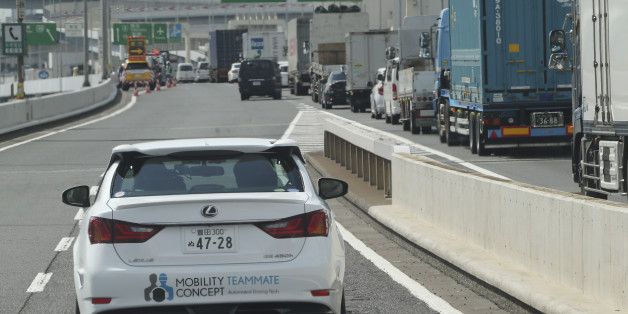
The momentum of self-driving cars on the road is accelerating with the question clearly becoming “when” not “if” the widespread use of self-driving cars will be allowed. A 2015 Business Intelligence Report forecasts a compounded annual growth rate of 134% from 2015 to 2020 with at least 10 million cars on the road by 2020.
This should not come as a surprise, the descriptors for a car are heavily technology based with the importance of the car’s brains (software) rivaling its brawn (styling). Cars are already equipped with the ability to conduct specific tasks with varying degrees of driver interaction such as fully autonomous emergency breaking and semi-autonomous driver assisted parallel parking that are performed more adroitly — and safely — then the vehicle is operated by the driver. But the narrative of the self-driving car isn’t evolutionary but thought of as leapfrogging breakthroughs. Perhaps what has painted the imagery with futuristic color is the vocabulary of artificial intelligence. Fully autonomous driverless cars such as Google’s use an artificial intelligence system to pilot the car. In February the National Highway Traffic Safety Administration posted on its website that it informed Google that the artificial intelligence system pilot in a self-driving Google car could be considered the driver under federal law.
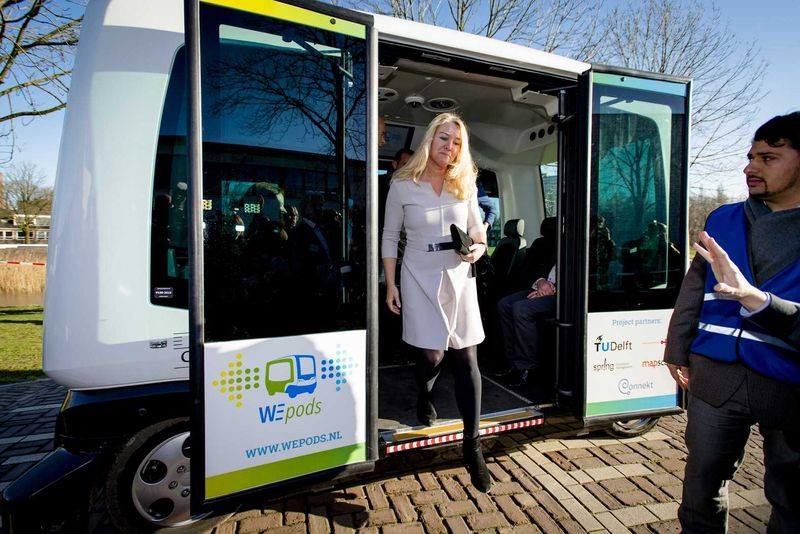
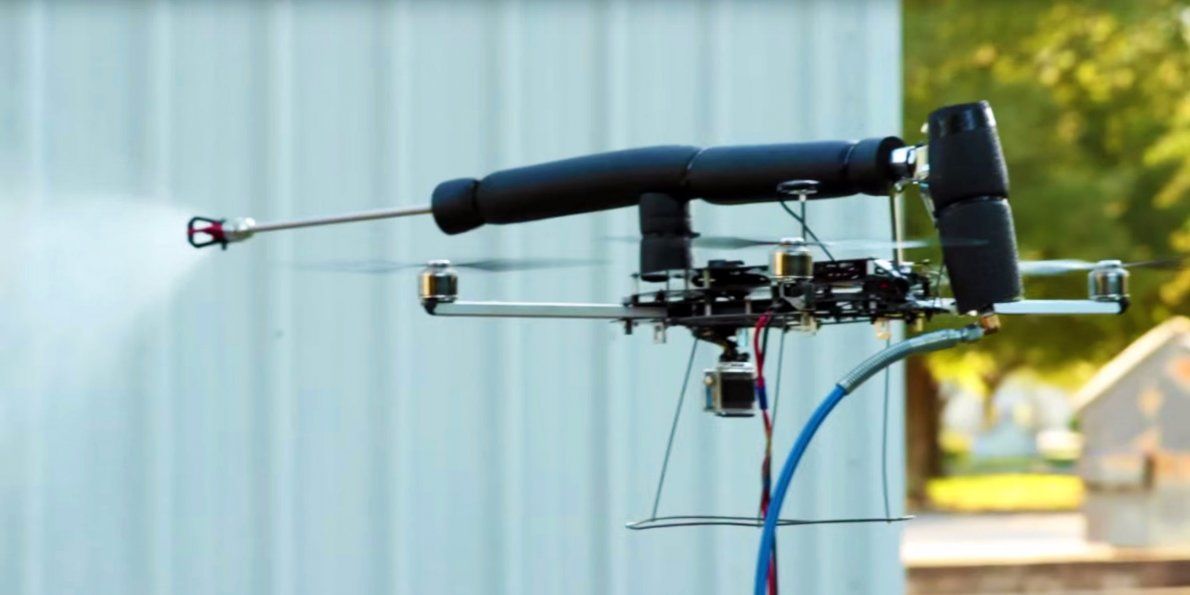


FBI — You have a connected car/ self driving car in the US; be careful because the hackers are coming.
That’s why the U.S. National Highway Traffic Safety Administration (NHTSA) and Federal Bureau of Investigation issued a bulletin warning about the increasing vulnerability of motor vehicles to hacking.
The FBI warns drivers to ensure their car’s software is up to date, to be careful making unauthorized modifications to their car’s software and when connecting to third-party devices, and be wary of who has physical access to their vehicle. Instead it’s meant to educate the public after a series of publicly known hacks of cars in 2015, including a Jeep intentionally hijacked by researchers while driving down the highway.
If there is one part that sticks out, it’s that last sentence, asking drivers “to maintain awareness of potential issues and cybersecurity threats” in their cars.
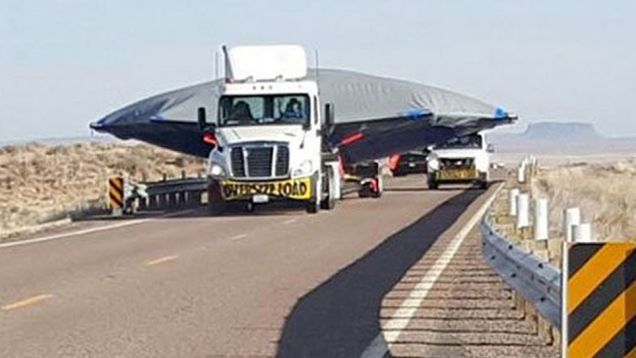
The image above has been splashed all over the net over the last week. It looks like a scene out of The Flight Of The Navigator, but really, that tarp could be hiding the future of American air power.
The image was taken by Arizona resident Charlene Yazzie on Arizona Route 77, with the convoy of trucks and black SUVs from the Department of Public Safety heading south toward the town of Holbrook, Ariz.
When contacted by KMOV of St. Louis, the Department of Public Safety, which is a major state law enforcement body, playfully said they have no idea what the thing is stating: “UnFOrtunately we do not know what that is but it looks interesting.”
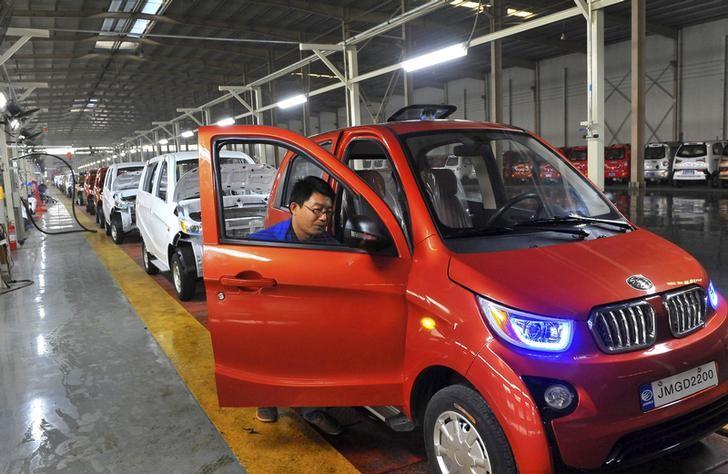
BEIJING China’s production and sale of electric cars will more than double this year, the industry minister said on Sunday.
More than 300,000 electric cars were sold in China last year, Miao Wei, the head of the Ministry of Industry and Information Technology told reporters on the sidelines of the annual meeting of parliament on Sunday.
The reliability, mileage and lifespan of electric batteries needs improvement and China needs to speed up the installation of electric car charging stations, Miao said.
